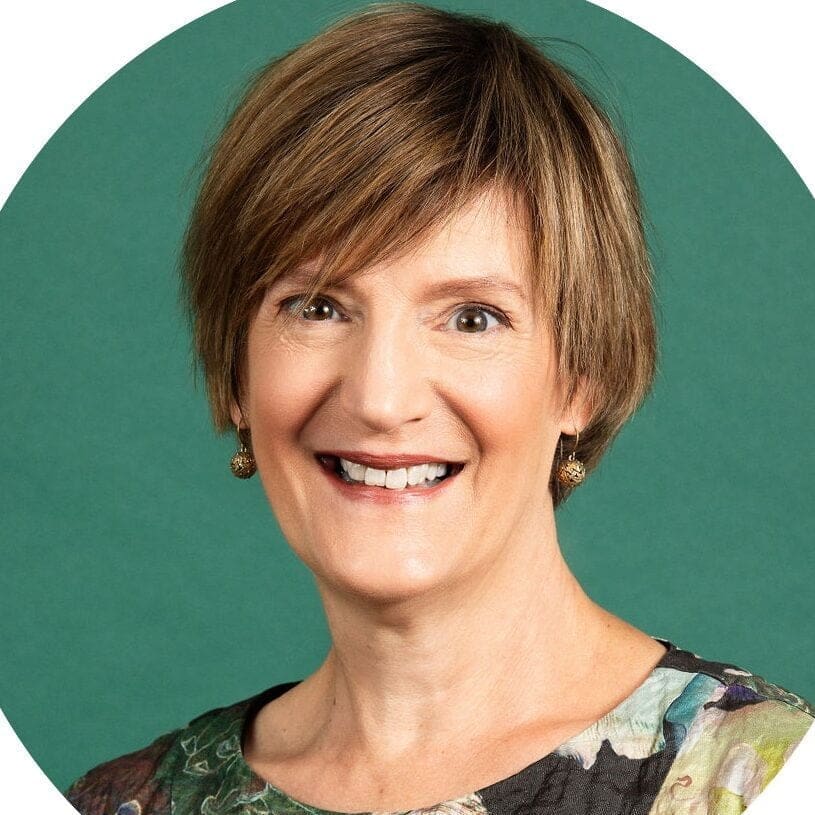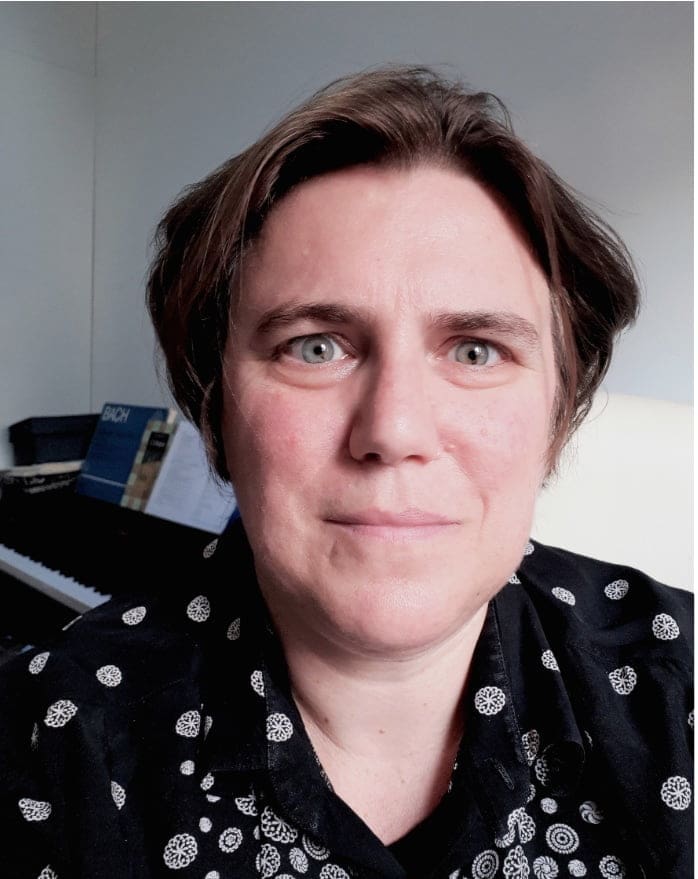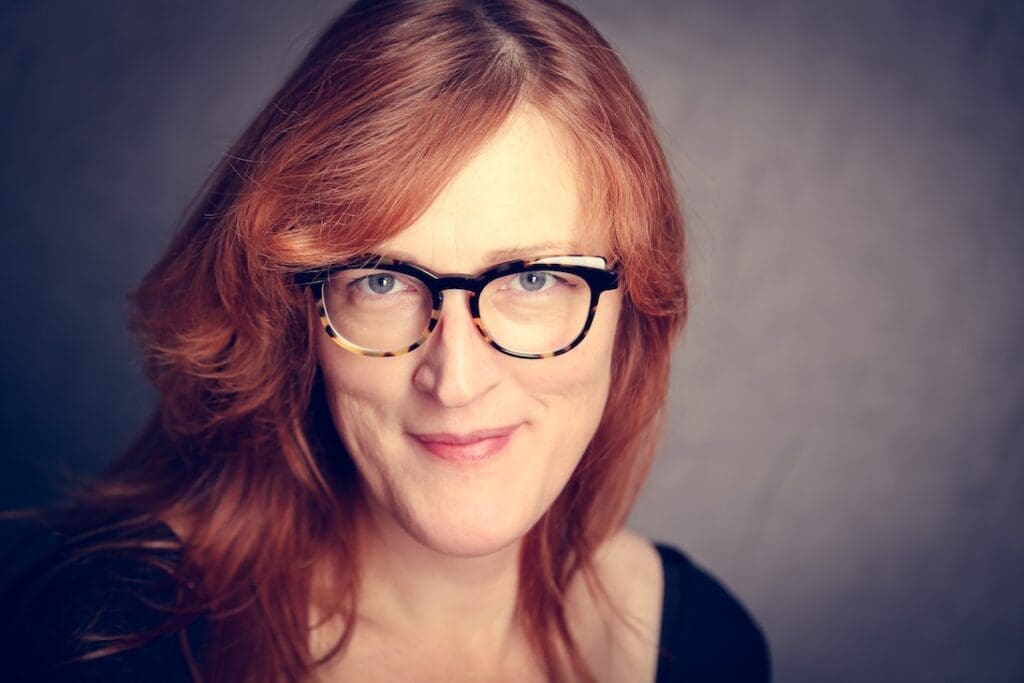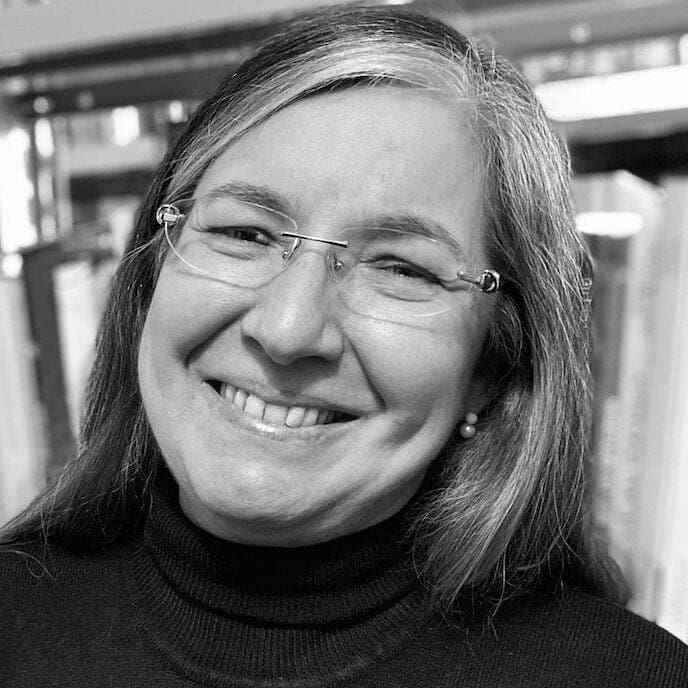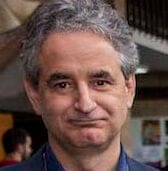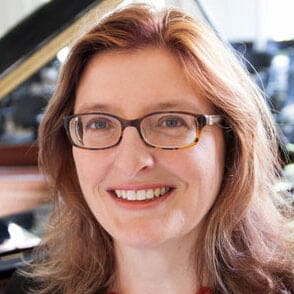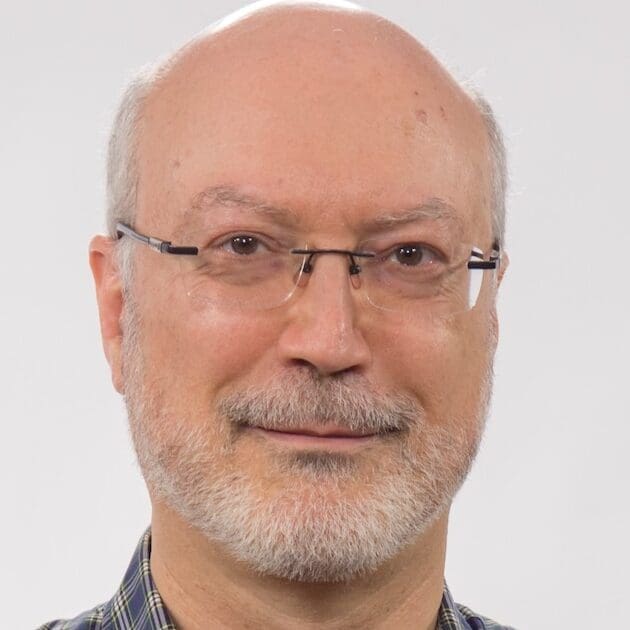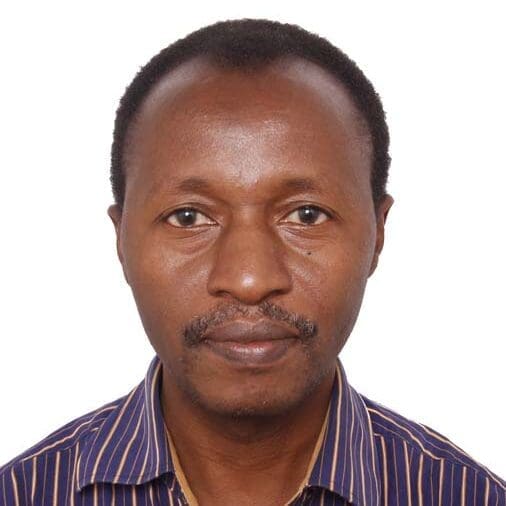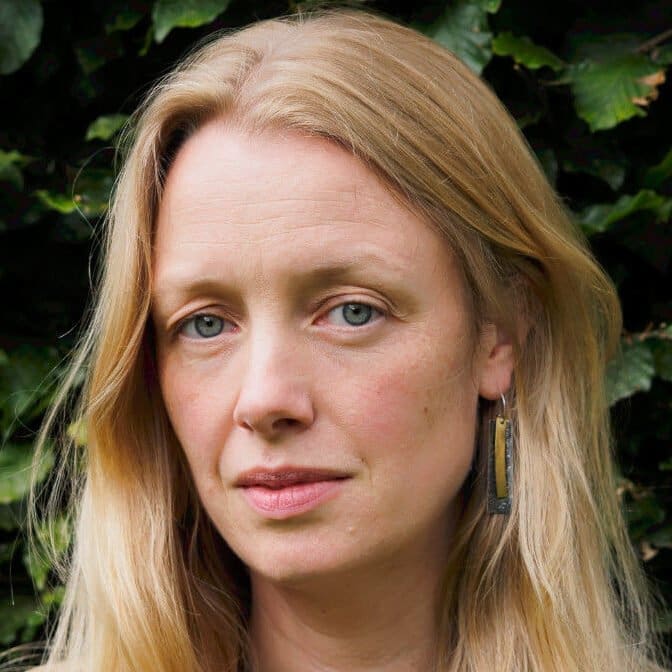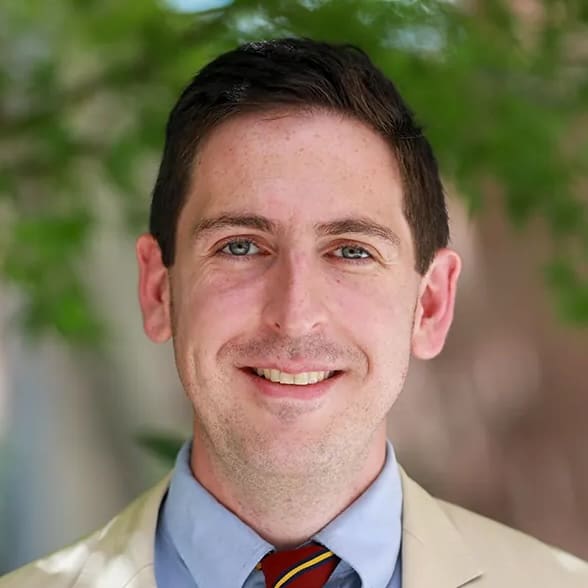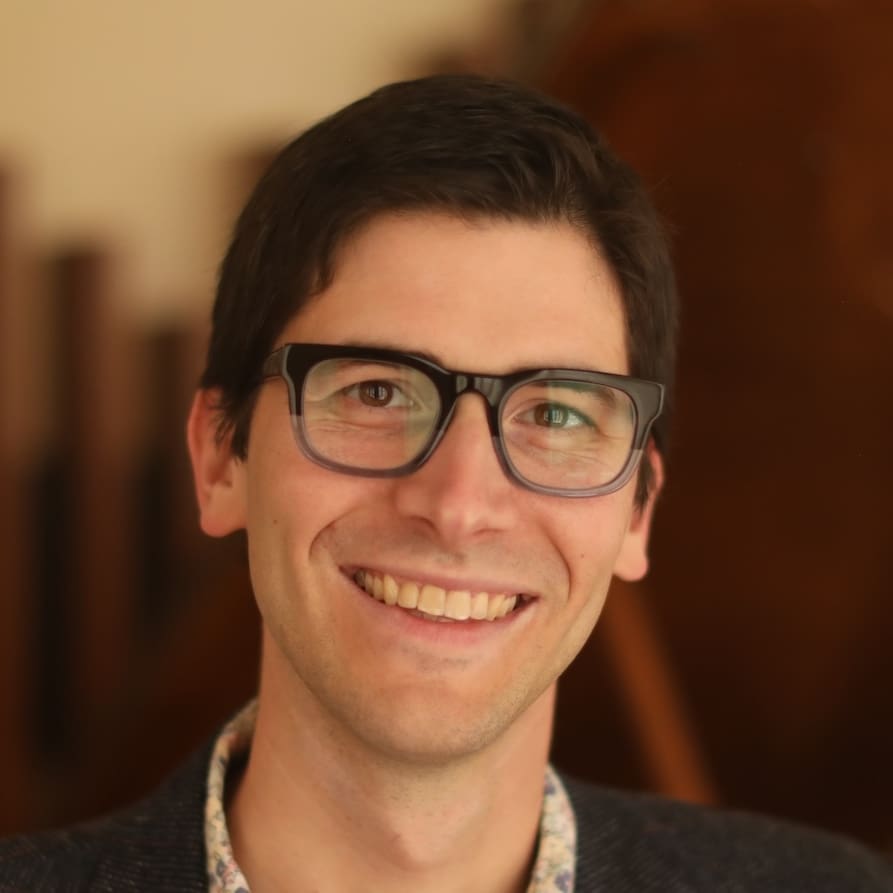IMS Directorium (2022–27)
The Directorium, which is akin to a governing board or council, is made up of elected representatives of various countries and regions, providing a vital link to members across the world.
IMS Bureau
The Bureau, which is equivalent to an executive board, manages the business of the society and, along with the Directorium, is responsible to the General Assembly.
Directors-at-Large
Editors-in-Chief of Acta Musicologica (2023–27)
Acta Musicologica is the official peer-reviewed journal of the IMS and provides a channel for the dissemination of research of international importance in different languages.
Editors-in-Chief of Musicological Brainfood (2025–27)
Musicological Brainfood is a fresh intermittent IMS dish—an “amuse-bouche”—, cooked up by leading musicologists to advance, refresh, or reinvigorate different aspects of our field.
